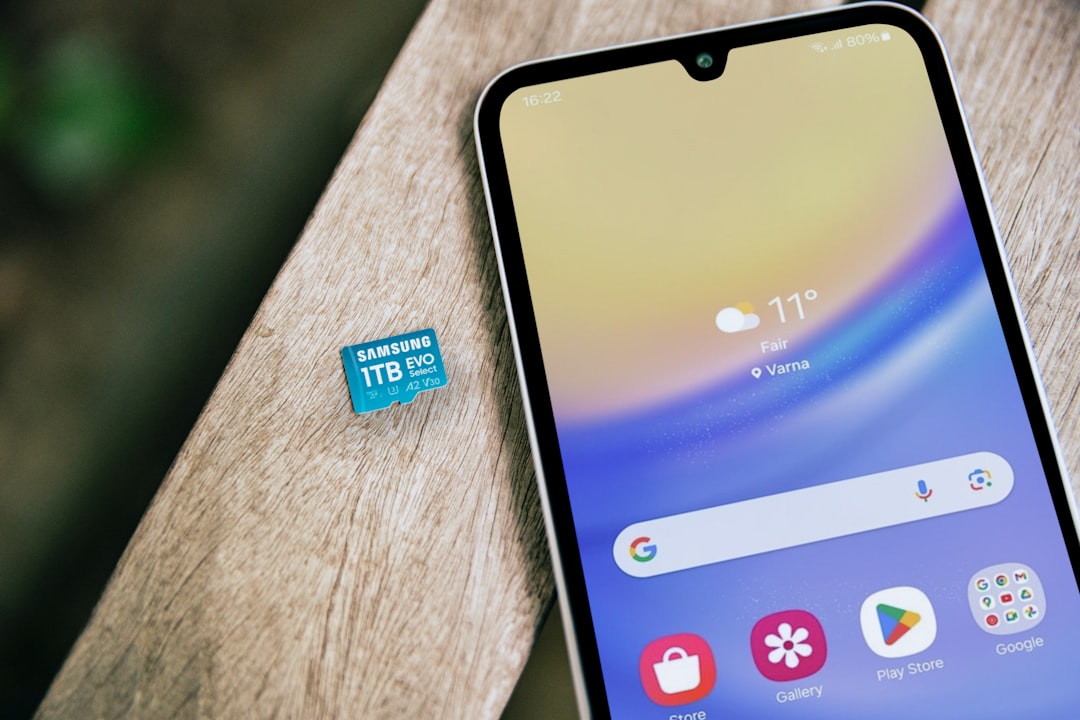Mississippi residents face a growing problem of spam calls from unknown numbers, evolving from a nuisance to a pervasive concern disrupting daily life. State laws like the Mississippi Telemarketing Act offer protection, but spammers adapt. Spam call law firms collaborate with the Attorney General's Office to educate residents on their rights, pursue legal action against violators, and strengthen regulations, especially targeting law firm telemarketing practices. These efforts are crucial for reclaiming control over communication channels, reducing stress, financial harm, and fostering a more respectful, protected environment for Mississippi residents.
In the digital age, spam calls have become a pervasive issue for residents across Mississippi, posing both emotional and financial burdens. This article delves into the growing concern of spam call prevalence in the state, examining Mississippi’s legal landscape and its regulatory approach. We explore the impact on residents, highlighting the critical role law firms play in combating these unwanted telemarketers. Additionally, we discuss future strategies to protect Mississippi residents from long-term harm caused by spam calls.
The Prevalence of Spam Calls in Mississippi: A Growing Concern

In the digital age, Mississippi residents, like many others across the nation, have become increasingly plagued by an unwanted intruder—spam calls. These incessant phone calls from unknown numbers, often promoting dubious services or products, have grown into a significant concern for the state’s populace. What was once a nuisance has evolved into a pervasive issue, with many Mississippi residents receiving dozens of spam calls daily. This deluge of unsolicited communications not only disrupts everyday life but also raises important questions about privacy and consumer protection.
The proliferation of spam calls in Mississippi is not just a local problem but reflects a national trend. While state laws, including those related to telephone consumer protection, offer some respite, the evolving nature of these calls poses challenges. Many spam call law firms in Mississippi are now dedicated to tackling this issue, educating residents on their rights, and pursuing legal action against violators. With the ever-changing tactics employed by spammers, staying informed and proactive is crucial for Mississippi residents to reclaim control over their communication channels.
Legal Landscape: Mississippi's Approach to Spam Call Regulation

In Mississippi, the legal landscape regarding spam calls is defined by a series of state and federal regulations aimed at protecting residents from unsolicited telephone marketing. The Mississippi Attorney General’s Office plays a crucial role in enforcing these laws, which include restrictions on when and how businesses can contact consumers. Spam call law firms in Mississippi often collaborate with the AG’s office to ensure compliance and educate both businesses and residents about their rights.
The state has specifically addressed spam calls through the Mississippi Telemarketing Act, which provides guidelines for telemarketers and offers consumers certain protections. This act prohibits deceptive or misleading practices, such as failing to identify the caller or provide an option to opt-out of future calls. Violations can lead to legal action, fines, and other penalties, making it a significant deterrent for spam call law firms operating within the state.
Impact on Residents: Emotional and Financial Toll

The relentless stream of spam calls can take a significant emotional toll on Mississippi residents, many of whom feel frustrated and even scared by this persistent intrusion into their personal space. The constant ringing of the phone, often with unknown numbers displaying, disrupts daily routines and can lead to increased stress levels and anxiety. This issue is especially pertinent given that many of these calls are from law firms attempting to peddle their services, which only adds to the confusion and worry for those not expecting such legal solicitations.
On a financial front, spam calls also have real consequences. Mississippi residents may find themselves incurring unnecessary charges for answering or forwarding these calls, especially if they are charged for local or long-distance numbers. Moreover, some individuals might fall victim to deceptive practices, leading to financial losses and the potential need for legal redress, further complicating matters. These cumulative effects highlight the importance of stricter enforcement of spam call regulations, particularly involving law firms operating within the state, to protect the well-being and financial stability of Mississippi residents.
The Role of Law Firms in Combating Spam Calls

In the ongoing battle against spam calls, law firms in Mississippi play a pivotal role. These legal professionals are equipped with the expertise and resources to address the growing issue of unsolicited phone communications, which have become a significant nuisance for residents across the state. By specializing in telecommunications law, they offer crucial services such as advising clients on their rights, drafting cease-and-desist letters, and representing them in court if necessary.
Spam call law firms in Mississippi not only help individuals protect themselves but also contribute to shaping legal frameworks that curb these practices. Through strategic litigation and advocacy, they push for stricter regulations, ensuring that telemarketing laws are enforced effectively. This collective effort not only mitigates the long-term effects of spam calls on residents but also fosters a more transparent and respectful communication environment.
Future Strategies: Protecting Mississippi Residents from Unwanted Telemarketers

To protect Mississippi residents from unwanted telemarketing calls, innovative strategies are needed to complement existing spam call laws. One approach involves strengthening and enforcing anti-spam legislation, ensuring that call centers adhere to strict guidelines regarding consumer consent and call volume. Collaboration between telecommunications providers and law firms specializing in spam call cases can play a pivotal role in holding offenders accountable.
Technology also offers solutions; advanced call blocking applications and AI-driven systems can identify and filter out spam calls before they reach users’ phones. Encouraging residents to report suspicious calls and providing easy access to official complaint mechanisms empowers them to actively participate in combating this issue. By combining legal, technological, and community efforts, Mississippi can create a robust defense against unwanted telemarketing intrusions.






